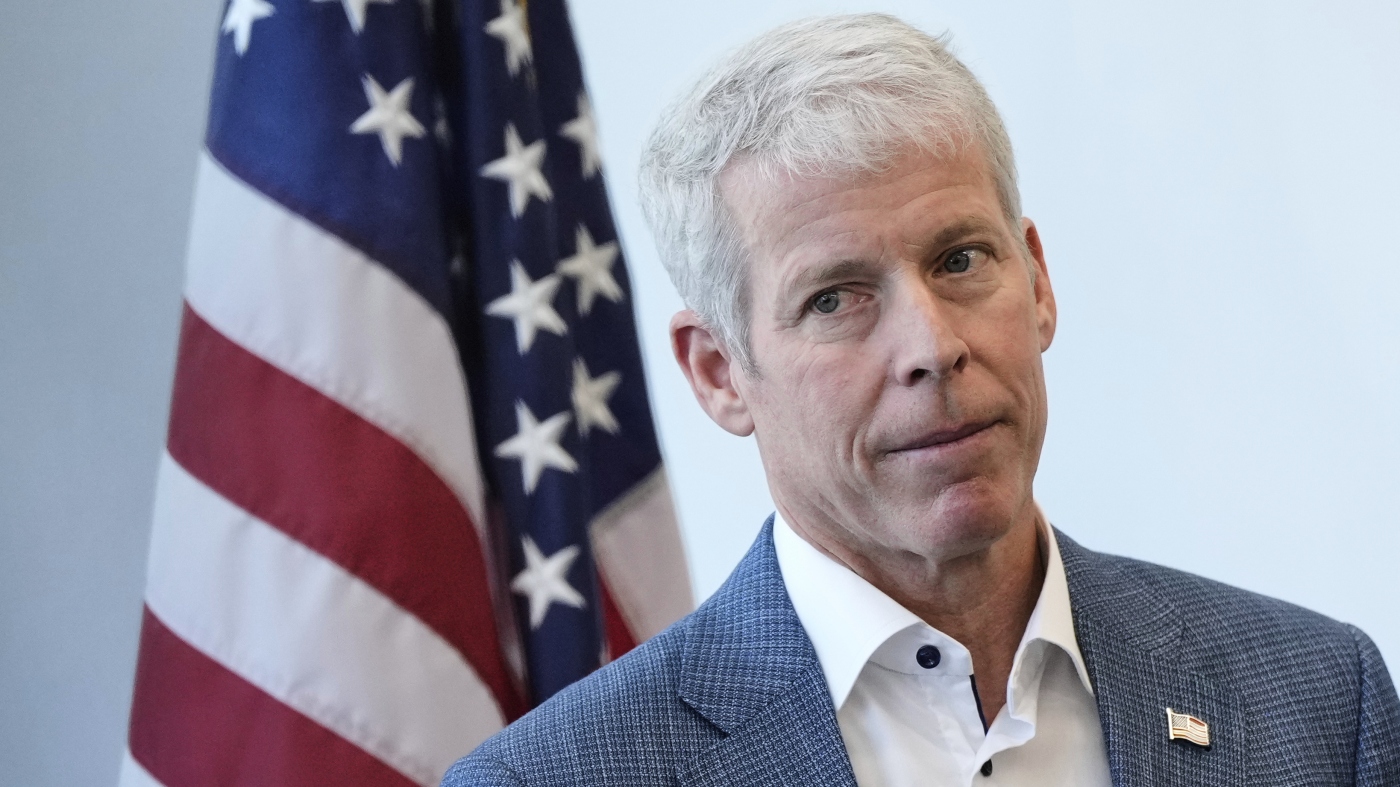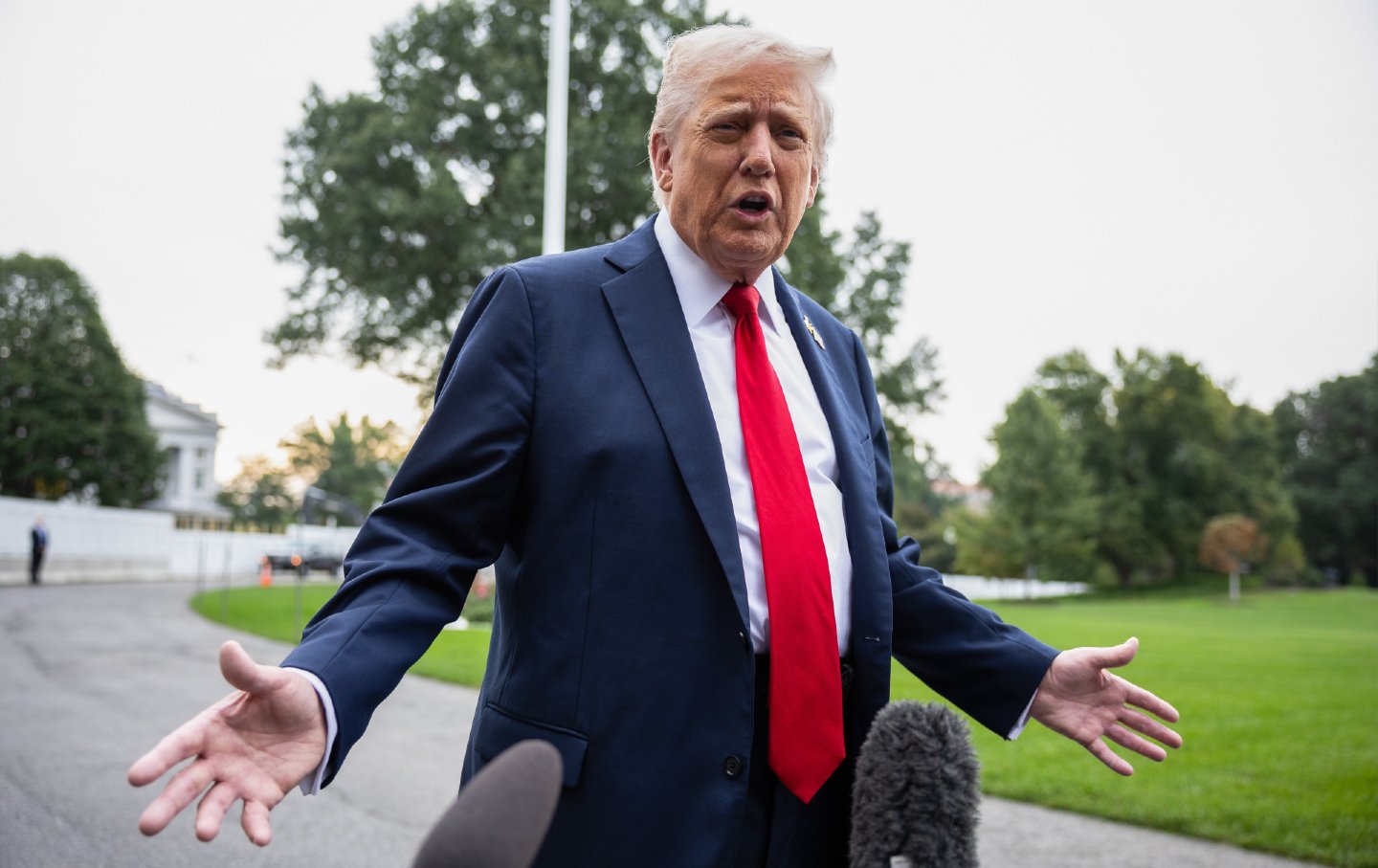
The Department of Energy (DOE) has announced the cancellation of over $7 billion in funding for hundreds of projects, citing that they fail to meet the country’s energy needs and lack economic viability. This decision was made public late Wednesday, coinciding with the onset of a government shutdown and shortly after White House Office of Management and Budget Director Russ Vought declared that the Trump administration was scrapping nearly $8 billion in what he termed “Green New Scam funding.” Vought’s comments, made on social media, highlighted that the affected projects were spread across 16 states, notably all of which had voted for former Vice President Kamala Harris in the last election.
In a news release, the Energy Department explained that the funding terminations affect 223 projects after a “thorough, individualized review.” Energy Secretary Chris Wright stated, “President Trump promised to protect taxpayer dollars and expand America’s supply of affordable, reliable, and secure energy. Today’s cancellations deliver on that commitment.” Wright assured that the DOE would continue to scrutinize funding awards to ensure taxpayer dollars are utilized effectively for the American populace.
However, the department has yet to disclose the specific projects that are being cut, and efforts to obtain further information have gone unanswered. The funding in question was allocated by six offices within the Energy Department. Wright noted that the department’s review process focused on funding that had been “rushed through in the final months of the Biden administration with inadequate documentation by any reasonable business standard.” Recipients of the funding have a 30-day window to appeal the terminations.
Democratic lawmakers have voiced their concerns, suggesting that the cancellation of Energy Department funding is a politically motivated move by the Trump administration aimed at punishing Democratic-held states during the government shutdown. Senator Chris Murphy, a Democrat from Connecticut, expressed frustration, stating, “Let’s open our eyes. This isn’t a functioning democracy any longer when — in the middle of a high-stakes funding fight — the President illegally suspends federal projects in states run by Democrats as a way to punish the political opposition.”
A spokesperson for the White House, Anna Kelly, referred inquiries to the Energy Department for further comment. The timing of the funding cancellations has raised eyebrows, particularly as the Trump administration also announced a freeze on $18 billion in infrastructure funding for New York City, home to prominent Democratic leaders like Senate Minority Leader Chuck Schumer and House Minority Leader Hakeem Jeffries. Vought shared this information on social media, further heightening suspicions regarding the administration’s intentions.
Senator Mike Lee, a Republican from Utah, praised Vought’s actions, commenting on Fox News that he has long awaited this moment. Lee suggested that Vought’s strategy would empower Trump politically and predicted it would create significant challenges for Democrats.
The decision to terminate Energy Department funding comes at a time when electricity demand is projected to rise significantly for the first time in decades. In light of this increasing demand, the Trump administration has been taking steps to limit the construction of renewable energy projects. Industry experts and utility executives have stressed the necessity of clean energy initiatives to support new data centers and factories, as these projects can be developed swiftly and offer relatively affordable electricity.
Democratic Senator Jeff Merkley from Oregon cautioned that the withdrawal of funding from blue states would ultimately lead to higher utility bills for everyone, asserting, “Ripping funding away from only blue states will raise utility bills for EVERYONE. It’s not rocket science.”
As the impacts of these funding cancellations begin to unfold, the political ramifications and potential consequences on energy policy remain a critical concern for many, particularly as the country grapples with the urgent need for sustainable energy solutions in the face of growing demand.


